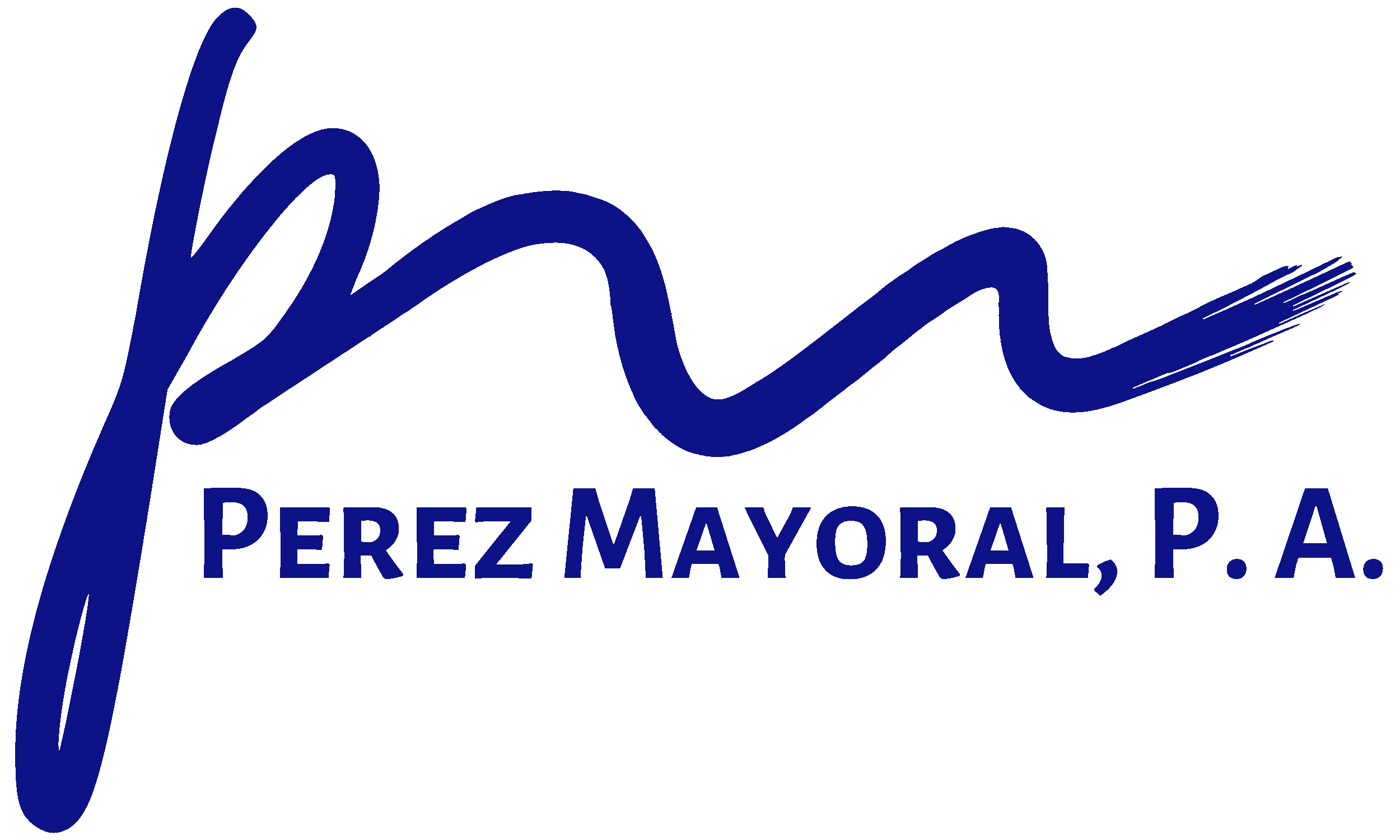Understanding the election process in Homeowners Associations (HOAs) and Condominium Owners Associations (COAs) is crucial for property owners in Florida. This guide provides a detailed overview of the election procedures, legal requirements, and best practices for participating in and conducting these elections.
Need help with your HOA or COA election dispute? Contact Perez Mayoral, P.A. at 786-980-9369 or [email protected]. We represent homeowners against their condo associations and HOAs.
Legal Framework
Elections in HOAs and COAs are governed by:
- Florida Statutes Chapter 720 for HOAs
- Florida Statutes Chapter 718 for COAs
- Florida Statutes Chapter 617 (Nonprofit Corporations Act)
- The association’s governing documents (declaration of covenants, conditions, and restrictions (CC&Rs), bylaws, and articles of incorporation)
Board Composition and Terms
- COAs must have a five-member board of administration unless the bylaws provide otherwise (F.S. § 718.112(2)(a)).
- Board members typically serve without compensation unless the bylaws state otherwise (F.S. § 718.112(2)(a)1).
- Terms are often staggered to maintain continuity.
- Directors may serve terms longer than 1 year if permitted in the bylaws or articles of incorporation.
- By statute, board members may not serve more than 8 consecutive years, unless approved by an affirmative vote of two-thirds of all votes cast in the election or unless there are not enough eligible candidates (F.S. § 718.112(2)(d)2).
Election Process Overview
- Nomination of Candidates
- Voter Registration
- First Notice of Election (at least 60 days before the election)
- Candidate Forum or Debate (optional but recommended)
- Second Notice of Election (14-34 days before the election)
- Casting of Votes
- Vote Counting
- Announcement of Results
Nomination of Candidates
- The board or election committee issues a call for candidates, usually a few weeks before the election.
- Interested candidates must submit their names by the deadline, typically two weeks before the election.
- For COAs, candidates must give written notice of intent to run 40 days before the scheduled election (F.S. § 718.112(2)(d)4.a).
Eligibility to Run for the Board
- Generally, any unit owner can be a candidate for board membership (F.S. § 718.112(2)(d)1).
- Restrictions may apply to:
- Felons whose civil rights have not been restored for at least 5 years (F.S. § 718.112(2)(d)2)
- Co-owners of a unit in associations of more than 10 units (F.S. § 718.112(2)(d)2)
- Individuals delinquent in payment of any monetary obligation to the association (F.S. § 718.112(2)(d)2)
Facing issues with board eligibility or nomination? Perez Mayoral, P.A. can help. Call us at 786-980-9369 for a consultation.
Voter Eligibility and Registration
- Homeowners are typically automatically members of their HOA.
- Unit owners in a condominium association are typically members of their COA.
- Tenants may be entitled to vote if the association’s governing documents allow it.
- Members must often be current on dues and assessments to be eligible to vote.
Notice of Election
- First Notice:
- Must be sent at least 60 days before the election (F.S. § 718.112(2)(d)4.a)
- Can be mailed, delivered, or electronically transmitted
- Second Notice:
- Sent 14-34 days before the election (F.S. § 718.112(2)(d)4.a)
- Includes the ballot and list of all candidates
- May include candidate information sheets (no larger than 8.5″ x 11″)
Voting Methods
- In-person voting at the annual meeting
- Mail-in ballots
- Electronic voting (if approved by the board and consented to by the unit owner) (F.S. § 718.128)
Electronic Voting Requirements (F.S. § 718.128)
- The association must use a system that can authenticate the unit owner’s identity and the validity of each vote.
- The system must provide a receipt to the voter and keep records for potential recounts or inspections.
- For board elections, the system must separate identifying information from the ballot to maintain secrecy.
Proxies
- A proxy is valid only for the specific meeting for which it was given and any lawfully adjourned meetings (F.S. § 718.112(2)(b)3).
- Proxies are not valid for longer than 90 days after the date of the first meeting.
- In residential condominiums, unit owners may not vote by general proxy but may use limited proxies for specific matters (F.S. § 718.112(2)(b)2).
- Proxies are prohibited for board elections in residential condominiums (F.S. § 718.112(2)(d)4).
Quorum and Voting Requirements
- A quorum is typically a simple majority (50% plus one) of voting interests, unless bylaws specify a lower percentage (F.S. § 718.112(2)(b)1).
- For a valid election in COAs, at least 20% of eligible voters must cast a ballot (F.S. § 718.112(2)(d)4.a).
- Decisions are usually made by a majority of voting interests represented at a meeting with a quorum, unless otherwise specified in governing documents.
Vote Counting Procedure (Fla. Admin. Code R. 61B-23.0021(10))
- Ballots are collected and handled by an impartial committee.
- Outer envelopes are checked against the list of qualified voters.
- Voters are checked off the list as having voted.
- Inner envelopes are removed and counted in the presence of any unit owners in attendance.
- Any inner envelope containing more than one ballot is marked “Disregarded” and not counted.
Having trouble with the election process or vote counting? Contact Perez Mayoral, P.A. at 786-980-9369 or [email protected] for experienced legal assistance.
Challenges and Disputes
- Any challenge to the election process must be commenced within 60 days after the election results are announced (F.S. § 718.112(2)(d)4.c).
- Disputes are typically handled through mandatory non-binding arbitration with the Division of Florida Condominiums, Timeshares, and Mobile Homes (F.S. § 718.1255).
- Legal action may be pursued after arbitration if necessary.
Election Monitors and Dispute Resolution
Election Monitors in COAs
In condominium associations, election monitors serve several important functions:
- Legal Basis: F.S. § 718.5012(9) authorizes the Division of Florida Condominiums, Timeshares, and Mobile Homes to employ election monitors.
- Purpose: To ensure compliance with Florida law and the association’s governing documents during the election process.
- When they can be used:
- Upon request from unit owners or board members
- In response to complaints about election irregularities
- For contentious elections with a history of disputes
- Role and Responsibilities:
- Observe the entire election process
- Ensure compliance with state laws and governing documents
- Verify voter eligibility
- Oversee proper ballot handling and counting
- Provide a report on the election process and results
- Assist in resolving disputes
- Cost: Typically borne by the association
- Benefits:
- Increased transparency and credibility
- Reduced likelihood of post-election disputes
- Expert guidance on proper procedures
- Impartial resolution of issues
- Requesting a Monitor: Complete and mail a “Petition for Appointment of Election Monitor.” Accessible through the Division of Florida Condominiums, Timeshares, and Mobile Homes at: Petition for Appointment of Election Monitor
Election Oversight and Disputes in HOAs
While Chapter 720 doesn’t provide for state-appointed election monitors for HOAs, there are specific procedures for challenging elections and resolving disputes:
- Legal Basis for Election Disputes: Sections 720.306(9)(c) and 720.311, Florida Statutes, provide for binding arbitration of election disputes in homeowners’ associations, which is conducted pursuant to Section 718.1255, Florida Statutes.
- Challenging an Election: If you want to challenge an election in a homeowners’ association, you must follow specific procedures outlined in the statutes: a. Time Limit: According to Section 720.306(9)(a), “Any challenge to the election process must be commenced within 60 days after the election results are announced.” b. Petition Requirements: Section 718.1255(4)(b), Florida Statutes, outlines the requirements for a petition for arbitration. The petition must include and have attached supporting proof that the petitioner gave the respondents:
- Advance written notice of the specific nature of the dispute;
- A demand for relief, and a reasonable opportunity to comply or to provide relief; and
- Notice of the intent to file an arbitration petition or other legal action in the absence of a resolution of the dispute.
c. Crucial Note: Failure to include the allegations or proof of compliance with these prerequisites requires dismissal of the petition.
- Arbitration Process: The arbitration will be conducted according to the procedures outlined in Section 718.1255, Florida Statutes.
- Transparent Procedures: Implementing and following clear, transparent election procedures can help prevent disputes and ensure fairness.
- Member Involvement: Encouraging member participation and allowing members to observe the voting and counting process can increase trust in the results.
Need assistance with an HOA election dispute or the arbitration process? Perez Mayoral, P.A. specializes in representing homeowners in association matters. Our experienced attorneys can guide you through the complex requirements for filing a petition and ensure your rights are protected. Contact us at 786-980-9369 or [email protected] for experienced legal assistance.
Board Member Responsibilities Post-Election
Within 90 days of being elected or appointed, each new director must (F.S. § 718.112(2)(d)4.b):
- Certify in writing that they have read the association’s governing documents and will uphold them, AND
- Submit a certificate of satisfactory completion of an educational curriculum administered by a Division-approved education provider.
Best Practices for Associations
- Maintain clear and up-to-date governing documents.
- Provide ample notice and information about elections to all members.
- Ensure transparency in the nomination and election processes.
- Encourage member participation through education and open communication.
- Consider using electronic voting to increase participation.
- Keep accurate records of all election-related documents and communications.
Conclusion
Understanding and following proper election procedures is essential for maintaining a well-functioning HOA or COA. By adhering to legal requirements and best practices, associations can ensure fair and transparent elections that serve the best interests of all members.
Remember, if you’re facing any issues with your HOA or COA election process, Perez Mayoral, P.A. is here to help. Our firm is dedicated to representing homeowners against their condo associations and HOAs. Don’t hesitate to reach out for a consultation at 786-980-9369 or [email protected].

